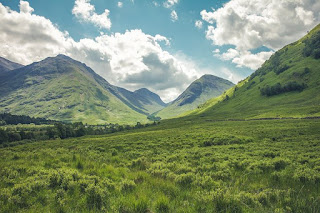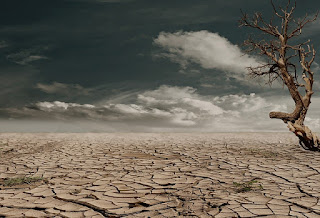ASLEEP IN THE VALLEY

ASLEEP IN THE VALLEY “In his side there are two red holes”. What do the two red holes depict? How is the ‘pity of war’ reflected in the line? What are the themes suggested in the poem? Ans. ‘The two red holes’ mentioned in the last line of the poem are actually bullet wounds. These fatal wounds received in the war front are the cause of his untimely and unfortunate death. > The line reveals the pity of war. In warfare, the youth become the inevitable victims. Therefore, the soldier who sleeps peacefully in the valley in a picturesque setting is presented to bring out the sense of pity in the readers because he is actually dead. The two bullet wounds have ended his life. > The theme of the poem is undoubtedly the futility of war. The tragic lives of the soldiers, the grim inevitability of death in war or the contrast between the beauty of nature and the horror of warfare are other themes suggested in the poem. What are the el...



"A voice will run " Whose voice is mentioned here? Where from the voice is run? What is the significant of the voice?
ReplyDeleteCan I get this answer 😵😵😵